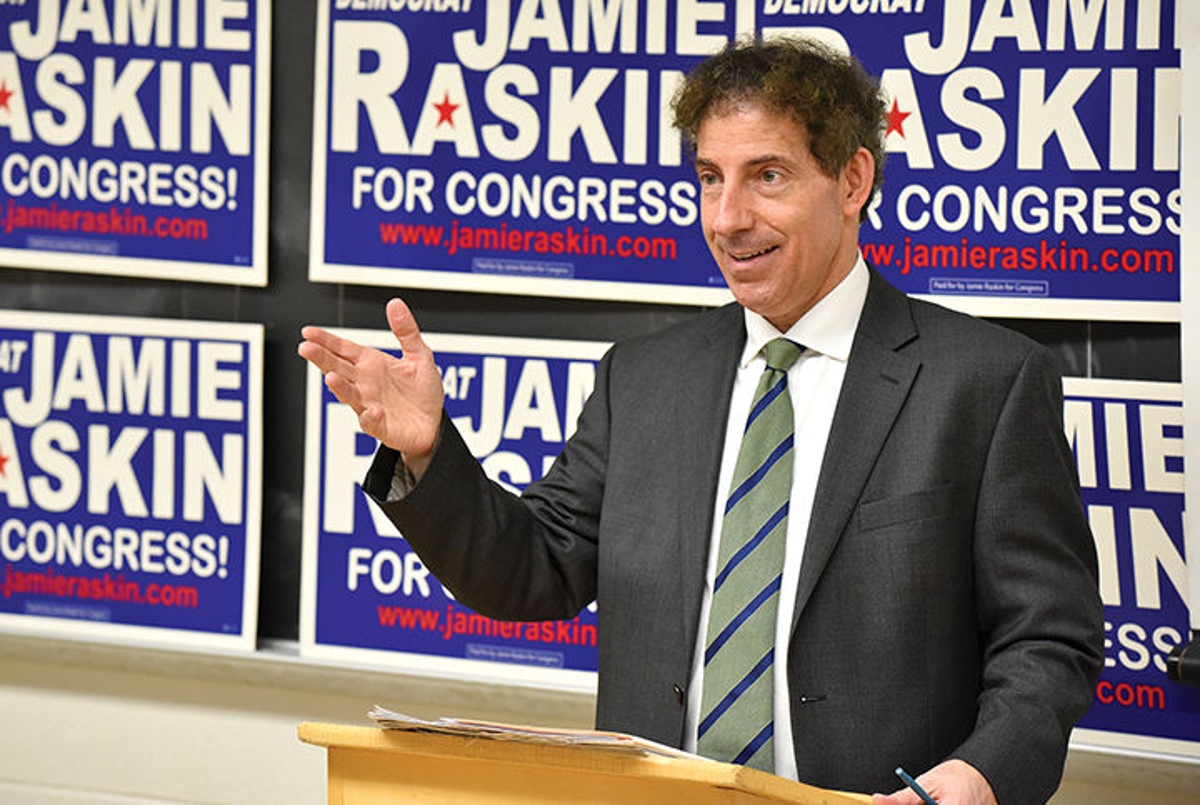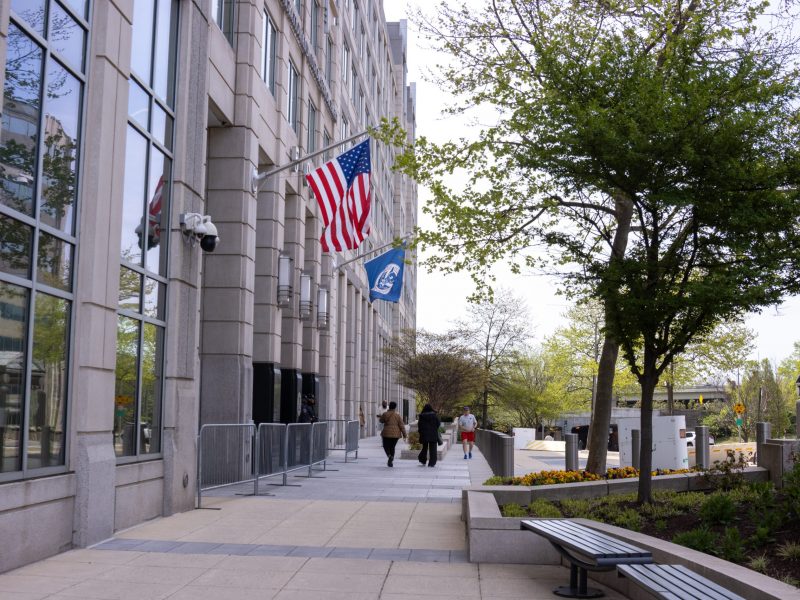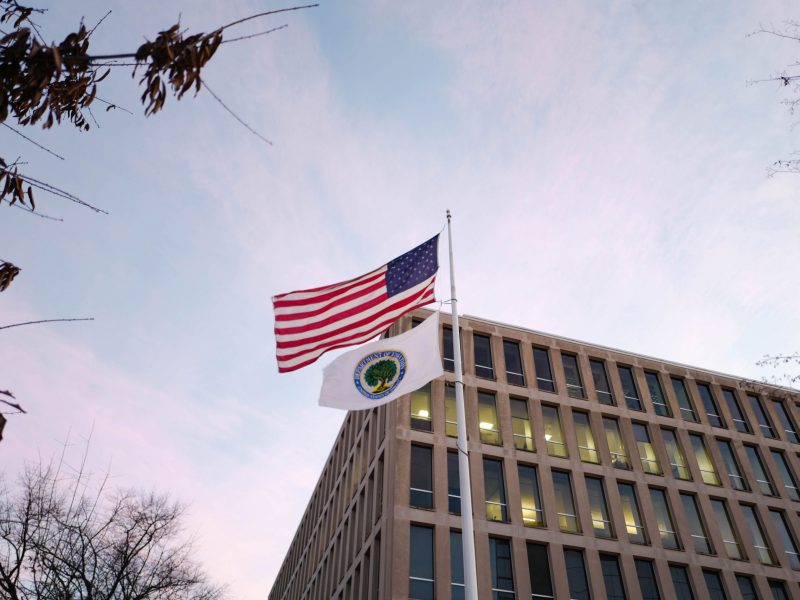U.S. Reps. Jamie Raskin (D-Md.) and Jim Jordan (R-Ohio) introduced on Tuesday the Free Flow of Information Act of 2017, a bipartisan law that would protect journalists from being forced to reveal confidential sources in most circumstances.
“Every day, we rely on the press to hold our government accountable, educate us about issues of public interest, and keep the American people informed,” Raskin said in a press release. “The First Amendment provides for a free press, but that guarantee means nothing if reporters cannot protect whistleblowers and confidential sources, or if reporters have to live in fear of prosecution or jail time.”
Jordan said in a statement that all rights protected by the First Amendment must be defended.
[Read more: U.S. Rep. Anthony Brown announces plans for a bill to punish hate speech at universities]
“From the religious liberty in our churches, to the free speech of students on college campuses, to the ability of reporters to protect the confidentiality of their sources, these fundamental American freedoms must be strengthened and preserved,” he said.
Identical bills have been proposed in the House in 2005, 2007, 2009, 2011 and 2013. These bills had bipartisan backers — Rep. Mike Pence (R-Ind.) sponsored the 2005 and 2011 versions, Rep. Ted Poe (R-Texas) sponsored the 2013 version and Rep. Rick Boucher (D-Va.) sponsored the 2007 and 2009 versions.
[Read more: “Keep the faith”: U.S. Rep. John Lewis speaks to UMD community]
“The problem in the federal system where these bills tend to get hung up is when members of Congress are concerned about national security,” said Lucy Dalglish, the journalism college dean.
Typically, national security is dealt with at the federal level, so these types of issues usually don’t come up within the state, she said.
Maryland was the first state to have a shield law, which was implemented in 1896 after a Baltimore Sun reporter was incarcerated for refusing to reveal a confidential source, according to the Digital Media Law Project.
States across the country have adopted similar laws, which Dalglish said have effectively reduced “frivolous and burdensome subpoenas that are served on journalists,” as well as the possibility that journalists will be used as agents of the government in investigations.
The Supreme Court ruled in the 1972 case Branzburg v. Hayes that reporters, like all other citizens, must respond to a subpoena from a grand jury and answer relevant questions to a criminal investigation.
Since then, proposed legislation for shield laws that would protect journalists from revealing their sources has been proposed cyclically, Dalglish said.
In 2013, President Obama’s Senate liaison requested that Sen. Chuck Schumer (D-N.Y.) reintroduce a version of a bill, the Free Flow of Information Act, that he had championed in 2009, The New York Times reported.



